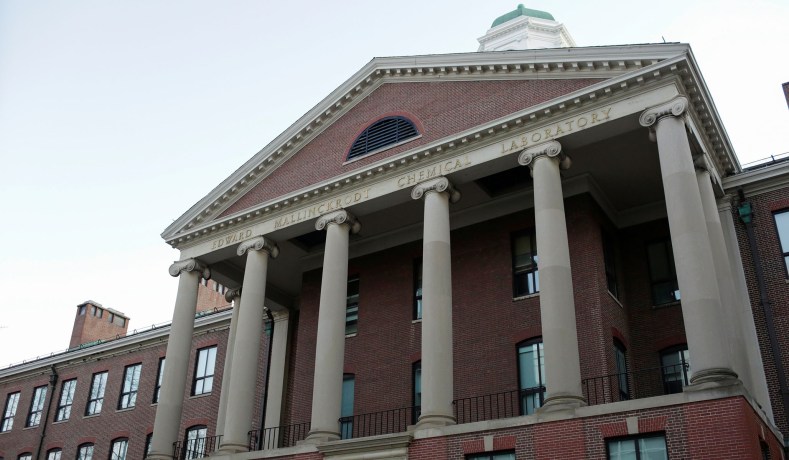
Those who like power and privilege see crises as opportunities to get more of what they want. That includes politicians and bureaucrats, of course, but also college administrators.
In today’s Martin Center article, Neetu Arnold of the National Association of Scholars looks at the ways higher education leaders have capitalized on covid.
She writes:
Shared governance allows faculty to participate in determining university priorities pertaining to administrative hires, education policies, and the budget. Faculty participation in university governance allows academic and educational interests to have a seat at the decision-making table. While shared governance has already been steadily weakened over the past several decades due to concerning trends such as adjunctification and administrative bloat, it could face its final crisis as universities consolidate and centralize power in response to the pandemic.
Colleges and universities have had to cut expenditures, but the cuts have largely fallen on low-level personnel. At the same time, some top people have enjoyed raises. And schools have not downsized their most useless people (the “diversity” enforcers) and some are actually expanding in that area.
All in all, Arnold argues, the response to COVID has been a shift in power that benefits the administrators.
She concludes:
Universities no longer feel a strong connection to their educational mission as institutions; at least, if not, they see it in a far different way than they did a century ago. The pursuit of truth and the passing of the torch of civilization have given way to the efficient production of corporate- and government-funded research materials, and the maintenance and growth of a top-heavy bureaucratic machine.







